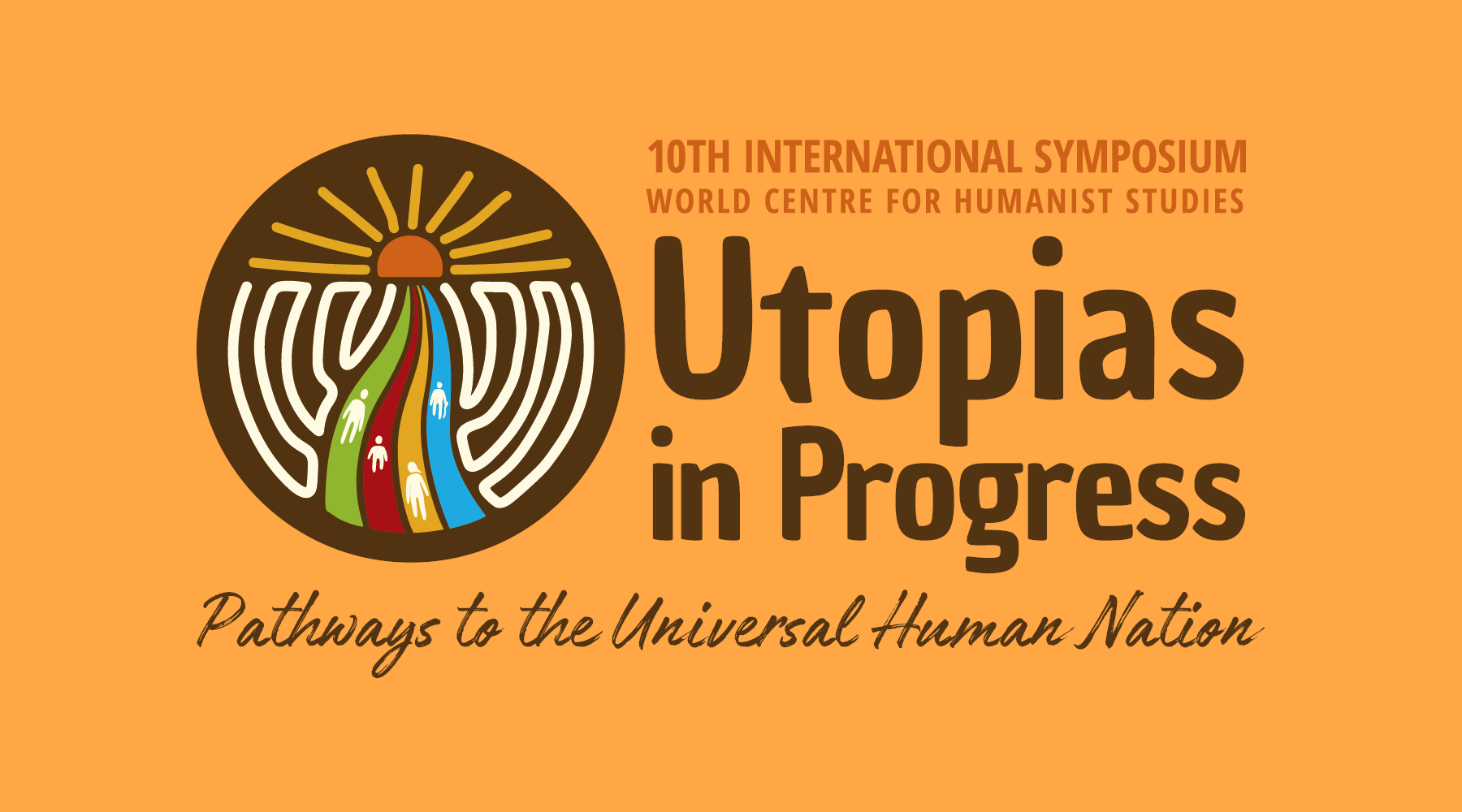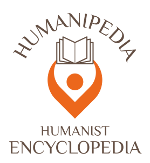Acad. Boris Koval
Two decades went by from the moment in which the ideas of New Humanism took roots in Russia. Till that moment, the official ideology of Bolshevism ruled over for 70 years. Human being existence, its consciousness, morality and everyday activity had not an essential meaning and were not regarded as a goal, but as a means for the construction of socialist order. In the focus of attention was not the human being, but the State, more precisely, the bureaucratic party leadership.
The course of perestroika, started by M.Gorbachev, opened the doors for the new winds of humanist intentions. On Silo, Antonio Carvallo, Luis Milani, Salvatore Puledda and other Movement leaders’ initiative, on the one hand; and on Moscow Humanist Club’s initiative (B.Koval, S.Semenov, E.Dabaguián, T.Riutova), on the other hand, working regular meetings were established.
In 1993, a great Humanist International Forum as well as the second Congress of the Humanist International were held in Moscow. From that moment more than twenty international conferences, symposiums and social activities in different countries all over the World were organized. In collaboration with Muscovite humanists (S.Semenov, B.Koval), Silo, Carvallo, Puledda and other ones created the “Dictionary of New Humanism” (1996). A series of works by Silo, documents of the Movement and the Humanist International were translated into Russian. A big task in organizing educational seminars with young humanists was carried out by Movement activists in different cities of Russia. Three years back the Moscow Centre of Humanist Studies began again its activities under the coordination of Hugo Novotny. New people share the views of New Humanism, what infused hope.
But Russian current situation differs dramatically from that of 90’s and beginnings of XXIst Century. It has become more difficult to maintain international links. Humanist veterans have grown older and youth took the way of electronic communication. Contacts between generations weakened.
In Russia, nowadays, more strict conditions prevail in the ideological field and political activity. Freedom which characterized the times of Gorbachev’s “new thought”, remained in the past. Some limitations arose in the way of humanist activism. Contacts with international organizations and especially with scientific foundations decrease. Organizational bonds, even with national civil associations, begin to be controlled by money.
Not few changes have happened in the work of Russian humanists. Moscow Humanist Club stopped its activity. In other cities, humanist forces have scattered and no vigorous young leaders appear. Except for Hugo Novotny’s Center of Studies, no research works on theoretical problems of contemporary humanism are implemented.
Happily the Movement gains strength internationally. Especially, we are glad to see the achievements of European and Latin American Humanist Forums, as well as the increasing activity in Africa. Collective elaboration of multimedia productions about matters of regional importance has a very positive meaning.
On the other hand, one can notice the urgent need of modernization and updating of philosophy of Humanism. Life changes qualitatively and demands the continuous improvement of our perception of the world. Globalization and computerization in fact have created a new type of civilized man and a new kind of social relationships. Majority social strata have found it more difficult to assert their interests, due to power and big capital oppression. Different from the fight against totalitarian regimes in the past times, now people have to face democratic governments. But these governments slip very often into “democratic caesarism” models, ignoring people’s interests and serving the oligarchs.
Trade unions have grown weaker everywhere. Traditional left-wing parties have been removed from “great politics”. So-called “left turn” in several Latin American countries (Venezuela, Nicaragua, Bolivia) shows contradictions. Anti-American policy and rhetoric join together with some authoritarian tendencies, as well as with nuances of traditional “indigenous nationalism” and the inclination to solve complex problems with the help of force and populist demagogy. In few words, new challenges have emerged for the humanist thought and practice. The situation in this respect stands out because of its special features.
Theoretic works by Silo concentrated before on political matters and on the general philosophy of New Humanism. In the last times, through his well known “Message”, Silo started putting the emphasis on the psychological and spiritual problems and in the conformation of a special practice of personal change on the basis of collective ceremonies of request and reconciliation. Observed distantly, it is clear that in front of humanist thought and practice new ideological and political tasks arise today.
Dear friends! One of the great virtues of any humanist thought, according to me, was and keeps on being the human morality, the wish of well-being and light to the other human being, the ability to face the different forms of evil without using the violence. In any case, trying to the maximum to avoid rough and bloody methods. On the basis of such position, in Tolstoy, Gandhi, M.L. King, Schweitzer and other great humanists, has not been the political factor but the moral. Precisely the ethical principle, according to me, shapes the core of any look of the new humanism. All our political orientations, to a greater or lesser extent, are based upon the principle of general human morality. Regrettably, political science and the Internet have suffocated the energy of the morality, replacing it with reckoning and rationalistic information.
I consider that in the present conditions in which world spiritual crisis is deepening (about the economic crisis we will talk in another opportunity), has matured the strong need to give a special attention to the motor and curative role of moral factor. By the way, moral consciousness is the best and most precise measurement of the meaning and character of concrete actions and intentions of individuals, groups, classes and states.
The moral man, as every humanist is, represents the most generous and improved part of mankind. In this case, I am talking specifically about moral and spiritual nobility of a person, but not about the traditions of ethical-religious dogma or about the theological conceptions of man “in God’s own image”. Since the times of Engels, and even before him, many thinkers rejected the special role of morality. In their view, practical interests, real life needs, material or political benefit have absolute value. I am not going to deny the importance of these categories, but in any way I tend to underrate the enormous and positive strength of moral values.
New Humanism, in my opinion, starts from the possibility and the need to attain some harmony between material and ethical-spiritual aspects. The dignity of human being, its leaning towards good and solidarity, its intolerance of violence and lie, of exploitation, racism and totalitarianism, do not make them impossible, but presuppose the natural wish of personal and social good, the accomplishment of all creative abilities, the entrepreneurial ones included, the freedom and civil rights of everyone. Deplorably, we are living in a situation where everyday morality of the masses clashes permanently with the amoralism of power and the economic elite. Instead of real fight against poverty one can hear intellectual speeches on “social differentiation”, the desirable “equal initial possibilities”, the paternalism and charity, etc. All of this would be good if it did not hide the selfish calculations of “the people at the top”.
Marxists, at their moment, impelled the idea of “class morality”, the impossibility of any kind of universal moral valuation of reality and even the harm of naïve fantasies about the moral generosity. In the USSR was popular the slogan about the “sovietic morality”, the aim of which was serve the socialist order. On the other hand, Ronald Reagan called the Soviet Union the “evil empire”. Such fight between the two systems in the field of morality led to the worsening of social contradictions and made it complicated the question about the universal role and the human potential of moral thinking. Product of such “cold war” is the present moral and spiritual crisis which comprises the whole world. We should remember that Simon Bolivar, different from it, raised the question of the foundation of a third “moral power”. I do not know how to materialize this task in the Estate, but such a “power” already exists in the soul of every daily human being.
The present atmosphere of amoralism and the continuous practice of violence poison the life of young generations, corrupt their minds, cause permissiveness and vices, divide the people, sow pessimism and disappointment in the people. In some places the fluids of misanthropy and the hatred of the other revive, the racial superiority, the criminalization of life.
The only way out in these conditions is precisely the highly moral and humanist orientation of the person, the solidarity of all thinking and generous people, the organized and conscious massive action against the dark side of globalization, of economic and spiritual world crisis, against the militarization and confrontation of great estates. Exactly this course of action humanists of all countries and cultures carry out.
My warmest regards to the dear friends of Humanism and my best wishes to our historic mission of “humanizing the Earth”.
| Attachment | Size |
|---|---|
| Boris Koval Ethics and humanist Action.pdf | 30.14 KB |



